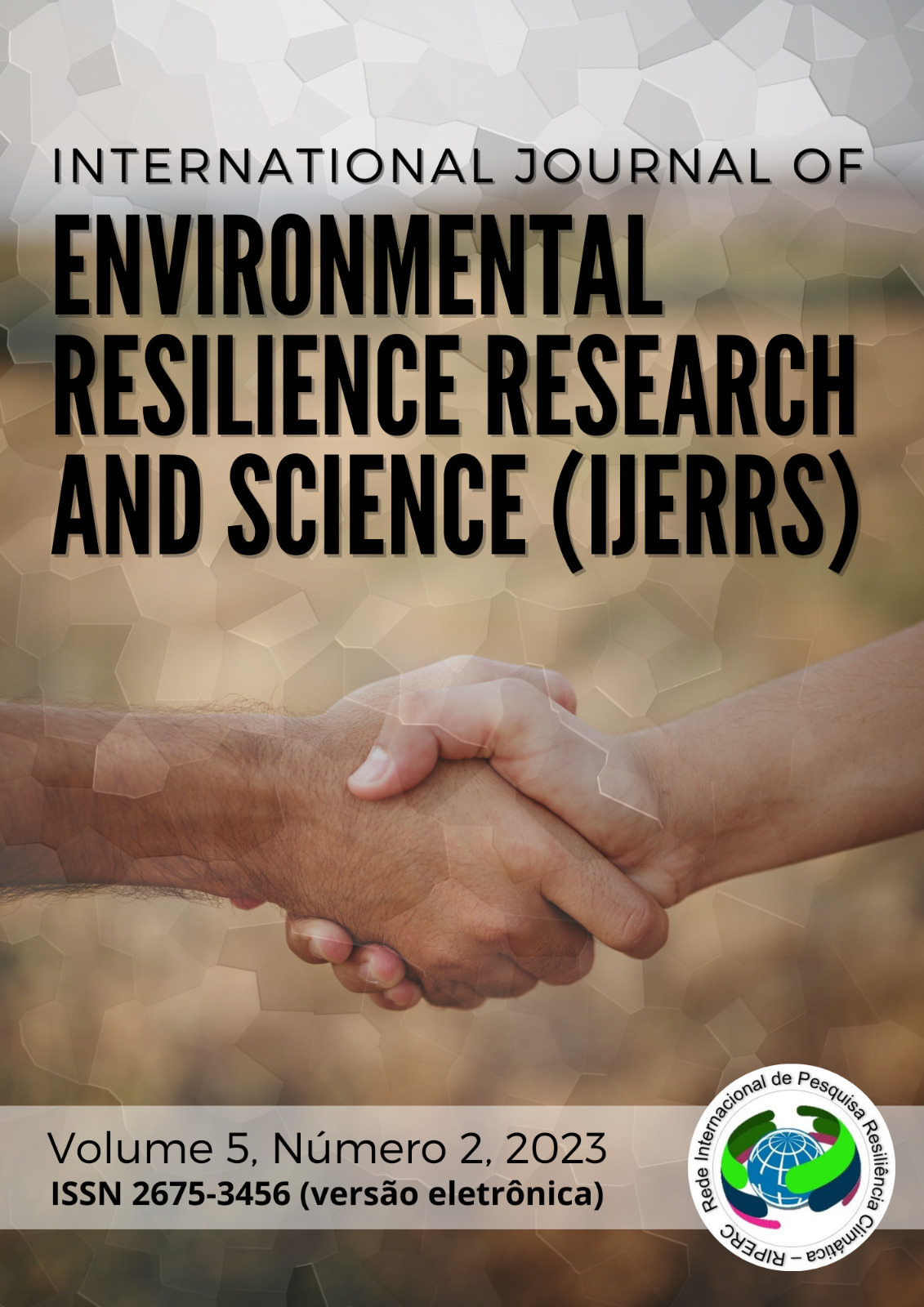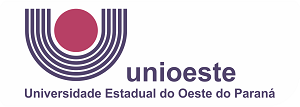The Greening of Jurisprudence: A Study Case Between Costa dos Corais In Brazil And The Australian Great Barrier Reefs /O esverdeamento da jurisprudência: um estudo entre o caso da costa dos corais do Brasil e a grande barreira de recifes de corais da Austrália
DOI:
https://doi.org/10.48075/ijerrs.v5i1.29987Resumo
O objeto de estudo aborda esverdeamento da jurisprudência decorrente da proteção ambiental e dos direitos humanos pela Corte Interamericana de Direitos Humanos, percorrendo sua (in) aplicabilidade sobre a Costa dos Corais do Brasil e a Grande barreira de recifes de corais da Austrália. A investigação foi feita com os métodos indutivo e sistemático por meio de análise jurisprudencial, normativa e documental. A tutela do meio ambiente e dos direitos humanos formam a via reflexa, surgindo o esverdeamento da jurisprudência quando a justiça ultrapassa o ser humano como ponto central de respaldo. Na Área de Proteção Ambiental Costa dos Corais no Brasil houve a proteção ambiental voltada ao uso sustentável da área pelos humanos em caso de dano ambiental, abrangendo o antropocentrismo. No caso da Grande barreira de recifes de corais da Austrália a justiça se deu pela proteção dessa área em prol dos direitos da natureza, abarcando o ecocentrismo, demonstrando a importância de Tribunais Ambientais.
Downloads
Publicado
Como Citar
Edição
Seção
Licença
Copyright (c) 2022 International Journal of Environmental Resilience Research and Science

Este trabalho está licenciado sob uma licença Creative Commons Attribution-NonCommercial-ShareAlike 4.0 International License.
Aviso de Direito Autoral Creative Commons
Política para Periódicos de Acesso Livre
Autores que publicam nesta revista concordam com os seguintes termos:
1. Autores mantém os direitos autorais e concedem à revista o direito de primeira publicação, com o trabalho simultaneamente licenciado sob a Licença Creative Commons Attribution que permite o compartilhamento do trabalho com reconhecimento da autoria e publicação inicial nesta revista.2. Autores têm autorização para assumir contratos adicionais separadamente, para distribuição não-exclusiva da versão do trabalho publicada nesta revista (ex.: publicar em repositório institucional ou como capítulo de livro), com reconhecimento de autoria e publicação inicial nesta revista.
3. Autores têm permissão e são estimulados a publicar e distribuir seu trabalho online (ex.: em repositórios institucionais ou na sua página pessoal) a qualquer ponto antes ou durante o processo editorial, já que isso pode gerar alterações produtivas, bem como aumentar o impacto e a citação do trabalho publicado (Veja O Efeito do Acesso Livre).
Licença Creative Commons
Esta obra está licenciada com uma Licença Creative Commons Atribuição-NãoComercial-CompartilhaIgual 4.0 Internacional, o que permite compartilhar, copiar, distribuir, exibir, reproduzir, a totalidade ou partes desde que não tenha objetivo comercial e sejam citados os autores e a fonte.









